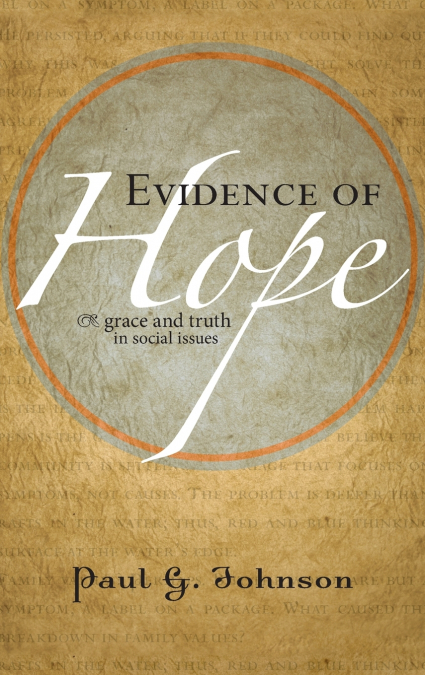
 Librería Perelló (Valencia)
Librería Perelló (Valencia)
 Librería Aciertas (Toledo)
Librería Aciertas (Toledo)
 El AlmaZen del Alquimista (Sevilla)
El AlmaZen del Alquimista (Sevilla)
 Librería Elías (Asturias)
Librería Elías (Asturias)
 Librería Kolima (Madrid)
Librería Kolima (Madrid)
 Donde los libros
Donde los libros
 Librería Proteo (Málaga)
Librería Proteo (Málaga)
Social issues shape the news. Yet pulpit and pews maintain an awkward silence about them. One layperson said, ''I have been a member here for twenty-five years, but I have no idea what any member thinks about any social issue.'' Op-ed pages and sound bites cause people to wonder if friends are ''red'' or ''blue'' on social issues, but in this book, content dips below the surface where the water is a bipartisan calm. Here is one example: for genuine competition to occur, the sides have to be fairly even. We do this in sports. Another example question is, why is health care so high when the healing is free? Hope is implicit in ''Thy kingdom come . . . on earth,'' recited by many churchgoers on a weekly basis as part of the Lord’s Prayer. Hope becomes explicit when practical theology and applied sociology are joined, because they point to the same Source: ''the hidden pressure for justice and peace at work in the world.'' This Source allows grace and truth to be discovered in social issues. Indeed, the grace of God generates compassion, a prerequisite for multifaceted social justice. Wrath has no capacity to foster anything but fear of being left behind. There are single-issue books of three-hundred-plus pages, but there are no books that speak to a variety of social issues. This one does speak to a variety of social issues with clarity, readability, and economy.